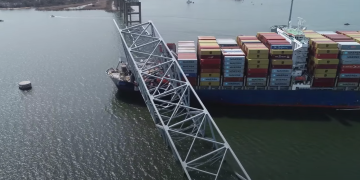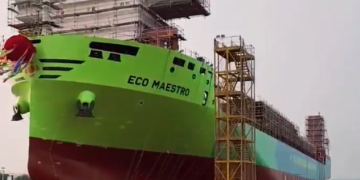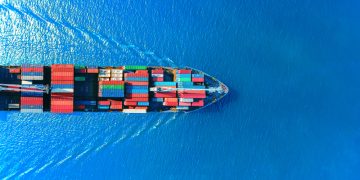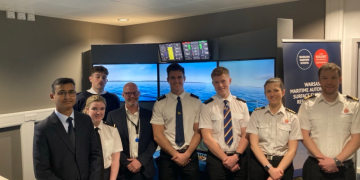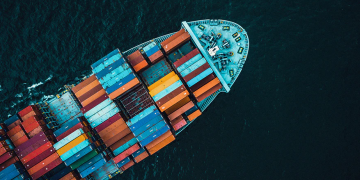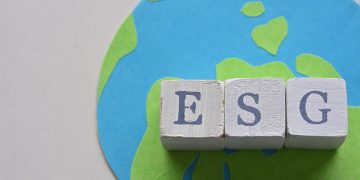Protection for Coral Sea gets go-ahead
Coral Sea Commonwealth Marine Reserve The world's largest marine protected area will be created in the Coral Sea under a federal government plan to limit the use of nearly 1 million square kilometres of ocean.As revealed by The Age, the Coral Sea Commonwealth Marine Reserve - extending from the edge of the Great Barrier Reef to 1100 kilometres from the mainland - will have different levels of environmental protection.The western half of the reserve will be open for restricted recreational and charter fishing. The eastern half will be a ''no-take'' reserve in which fishing is outlawed.The decision falls short of a campaign by conservationists for the entire sea to be declared ''no-take'' due to its largely unspoilt environment and military significance.Source: The Age
Read more






